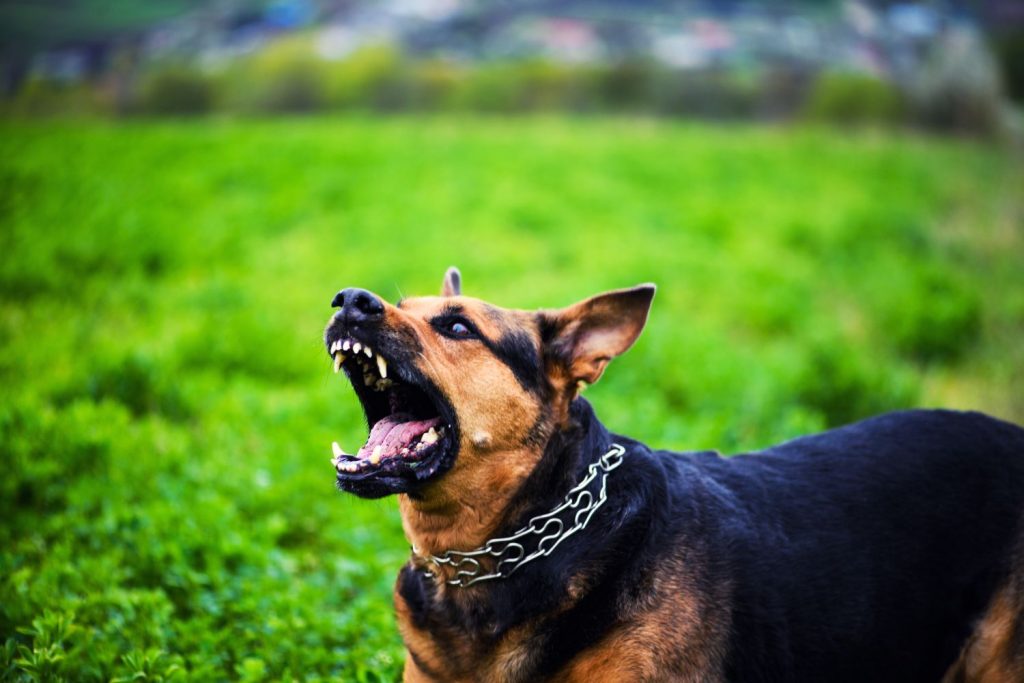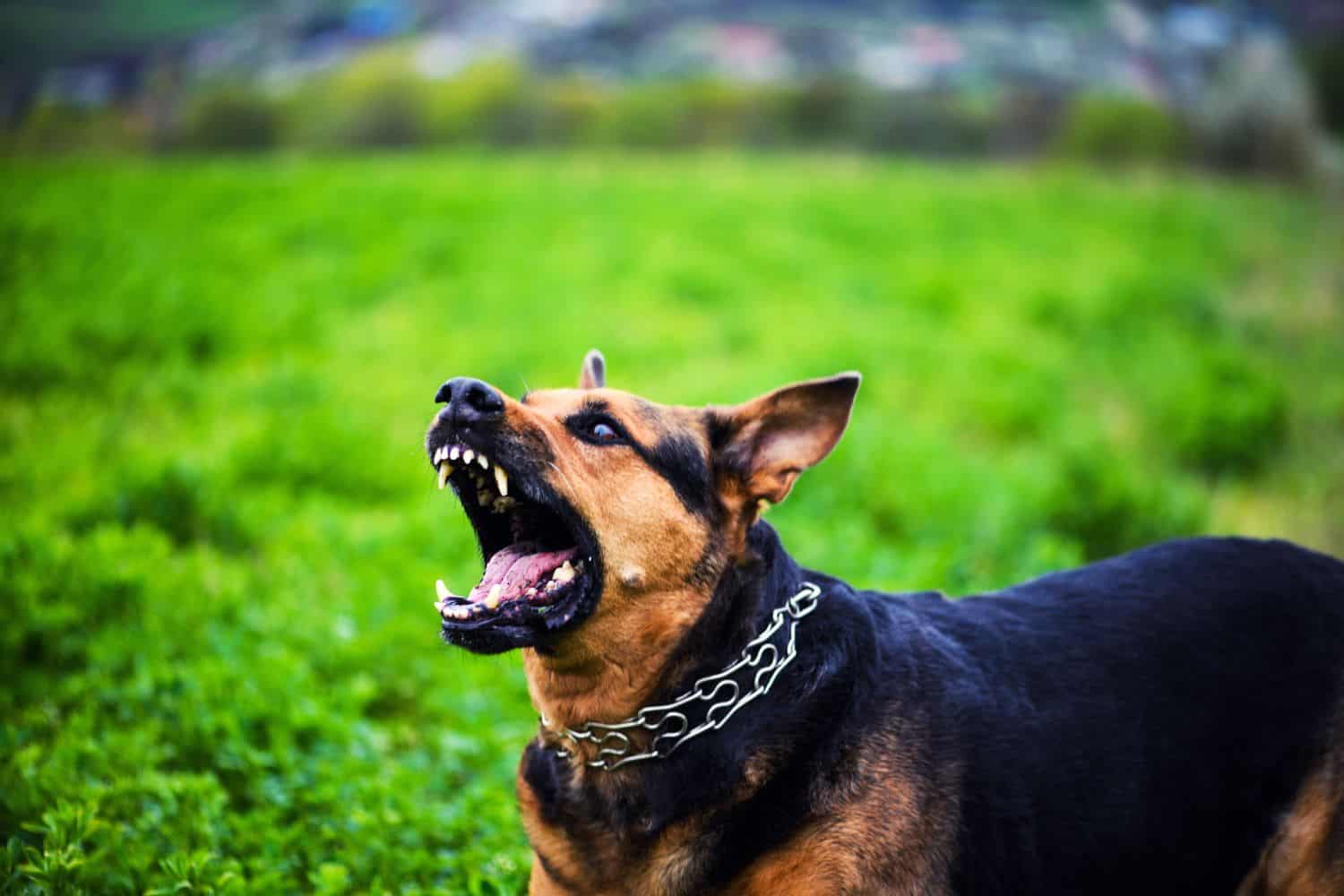Dog Behavior: What to Do About Pet Aggression

Puppies exhibit certain (and harmless) behaviors like biting and growling that allow them to discover how to fit in with the family. We teach our pups manners, and they grow to become happy members of the household. Unless they don’t.
Dogs that become increasingly aggressive as they mature out of their puppy years can lead to a lot of problems, especially if they display aggression towards humans or other animals. If your dog is becoming more and more aggressive, the team at Dupont Veterinary Clinic can help.
Start Young to Thwart Bad Dog Behavior
We recommend enrolling puppies in training classes. In puppy class, your new pet will learn basic commands and develop all-important social skills. Even if you’ve mastered the art of puppy training, you’ll still need to thoroughly socialize your pet. And really, who doesn’t want to be surrounded by cute puppies for an hour or two a week?
The Basics of Puppy Socialization
Just like our children, puppies need to learn to play well with others. They need to feel secure around other animals and people. Introduce your young dog to positive new experiences and reward with treats. Puppy will soon learn that new things are not bad things, which decreases feelings of anxiety and, hopefully, removes the need to be aggressive.
We do the best we can to protect our loved ones from fearful situations. Sometimes, things can go wrong. If another dog or person is aggressive with your puppy, the world won’t feel like a safe place anymore. Contact Dupont Veterinary Clinic if you have questions or concerns about your puppy’s behavior training experience.
What Causes Aggression in Dogs
When you don’t feel good, you can be crabby, right? If your otherwise loveable furry friend is suddenly aggressive, they might be in pain or sick. There are many other reasons for aggression in dogs as well. Here are just a few:
- Protective–This is my house and these are my people. I’m warning you (mail carrier) to stay back!
- Territorial–This is my yard, my street, my world.
- Possessiveness–My toys. My food. My people.
- Fearful–I’m going to attack first before you can hurt me!
- Pack status–I’m the alpha. Hear me roar!
- Provoked–Stop poking me with that stick! Don’t hit me one more time!
- Predatory–It’s in my genes. I’m a hunter.
Recognizing signs of building aggression can help you minimize it before it happens. If you notice the following signs, tempers might start to flare:
- Hackles up
- Lunging
- Uninterrupted barking
- Growls and snarls
- Teeth bared
- Nipping that can lead to bites that break through flesh
Behavior Training
You’ll never know if an aggressive behavior has been retired, but you can work with an experienced behavior trainer to identify sources of aggression in your pet. A seasoned trainer can teach you how to consistently work with your pet to redirect their aggressive energies to more positive behaviors. Consistency is the key, however. With regular effort, you can learn to create a sense of safety and wellbeing with your pet.
Talk to the Veterinarian About Pet Aggression
Aggressive animal behaviors are not acceptable for domestic pets, so if you are experiencing it, we want to help. At Dupont Veterinary Clinic, our highly skilled team can identify underlying health issues that may be causing aggression. Schedule an appointment for a wellness check, today!

